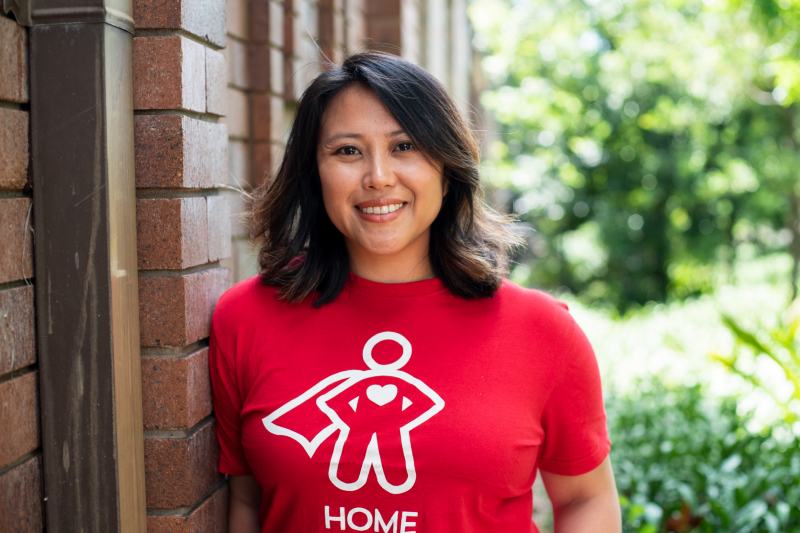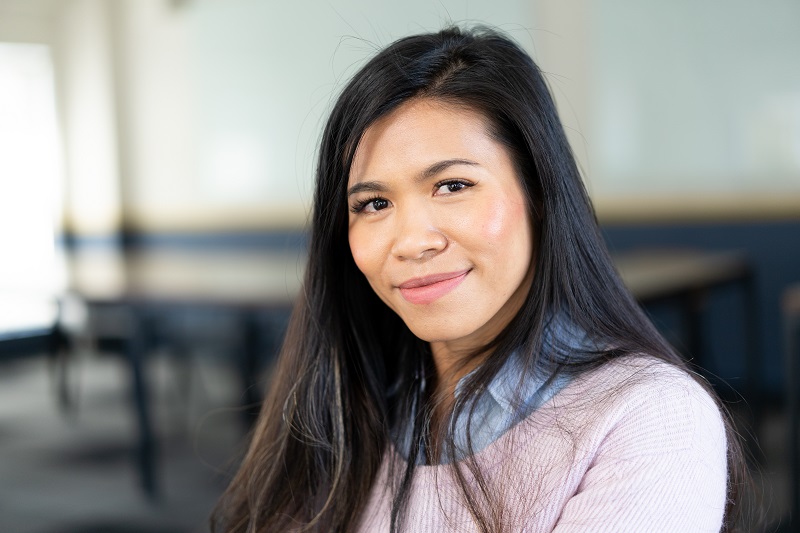
CWI's 2019 laureates (All photos: Cartier's Women's Initiative)
Even in the best of circumstances, Cartier’s Women’s Initiative (CWI) is a welcome programme for the way it celebrates and supports women entrepreneurs all over the world. Stripped to its core by movement restrictions brought about by the Covid-19 pandemic, the most important elements of CWI will take centre stage this year — there will be neither a gala dinner in Boston, nor photo opportunities with the 21 finalists. Cartier says evaluations will take place virtually, and the seven finalists will be announced in June. The show, as Queen frontman Freddie Mercury once crooned, must go on.
Conceived in 2006, the CWI has helped women all over the world reach their full potential by shining a light on their achievements and providing them with the financial, social and human capital support to grow their businesses and build their leadership skills. The programme is open to women-run and women-owned businesses in any country and sector that aim to have a strong and sustainable social and environmental impact as defined by the United Nations Sustainable Development Goals. Over the past 14 years, the CWI has accompanied 240 promising female entrepreneurs from 56 countries on their journeys and has awarded over US$3 million to support their businesses.
mena_-_nadia.jpg

“Creating opportunities for women and empowering them is not only what we believe is right, it also tells people who we are — a maison that is anchored in reality and open to the world, perfectly aware of our responsibility,” said Cyrille Vigneron, CEO and president of Cartier International. “A responsibility all the more important given these uncertain times. At Cartier, we believe it is crucial to support young businesses and start-ups through to a more stable period. And this is what we intend to keep doing, fully aware that these women are having a concrete and durable impact, therefore paving the way for a better future.”
This year, the 21 finalists — social impact entrepreneurs running the top three businesses per region — were selected from 1,200 applications from 162 countries, which for the first time included Australia, Benin, Denmark, New Zealand and Sweden. Once identified, they will receive coaching from business experts before they advance to the second round, when they must submit a business plan and present their projects to a jury. All of these processes will be conducted virtually this year, as travel restrictions are likely to remain unchanged for some time.
south_asia_oceania_-_jenna_leo_1.jpg

Based on the quality of the plan and persuasiveness of the verbal presentation, one laureate from each of the seven regions will be selected. The announcement of the laureates traditionally takes place during an awards ceremony, a glittering red-carpet event that last year was held in San Francisco. The laureate from each region will take home US$100,000 in prize money and the second and third runners- up will receive US$30,000 each. Cash prizes aside, the seven laureates, along with the 14 finalists, will benefit from financial advisory services, one-on-one strategy coaching, media visibility and international networking opportunities, as well as the opportunity to join an executive education programme at leading graduate business school Insead.
Over the years, the businesses that have come to Cartier’s attention have grown exponentially. The nature of these initiatives has also evolved to adapt to global needs. “In less than a decade, the Cartier Awards has grown from attracting 360 to over 3,000 applications,” Vigneron said. “With growth in both the quantity and the quality of the businesses applying, the initiative has become a transformative step in the lives of 219 women entrepreneurs in 51 countries.”
Today, many of the entrepreneurs are in businesses related to gender equality, financial education, economic opportunity and nutrition. The larger needs of society have also come into focus — Mexican Lisseth Cordero’s Ecolana is a digital platform that connects various stakeholders involved in recycling and waste reduction while Jenna Leo, from Australia, created Home Care Heroes, which connects passionate community members with vulnerable people to reduce social isolation.
east_asia_-_weini_qiu.jpg

Although there is no representation from Southeast Asia this year, women from China have done Asia proud — Nini Ma’s Very FQ delivers financial literacy education to Chinese families; Weini Qiu’s Haalthy uses patient-submitted data to make cancer curable and treatment affordable, while Charlotte Wang’s energy optimisation company, EQuota, combines artificial intelligence and big data to deliver energy efficiency solutions.
Issues affecting women and girls are also strongly represented, as they are every year. Interesting projects include Nadia Gamal El Din’s Rahet Bally, an all-inclusive platform to support Egyptian mothers financially, physically, emotionally and intellectually, both online and in person. And with ImagiLabs, Dora Palfi is creating mobile-first tools that make programming interesting, appealing and relevant for teenage girls in Sweden.
Meet all the finalists this year:
This article first appeared on April 6, 2020 in The Edge Malaysia.


